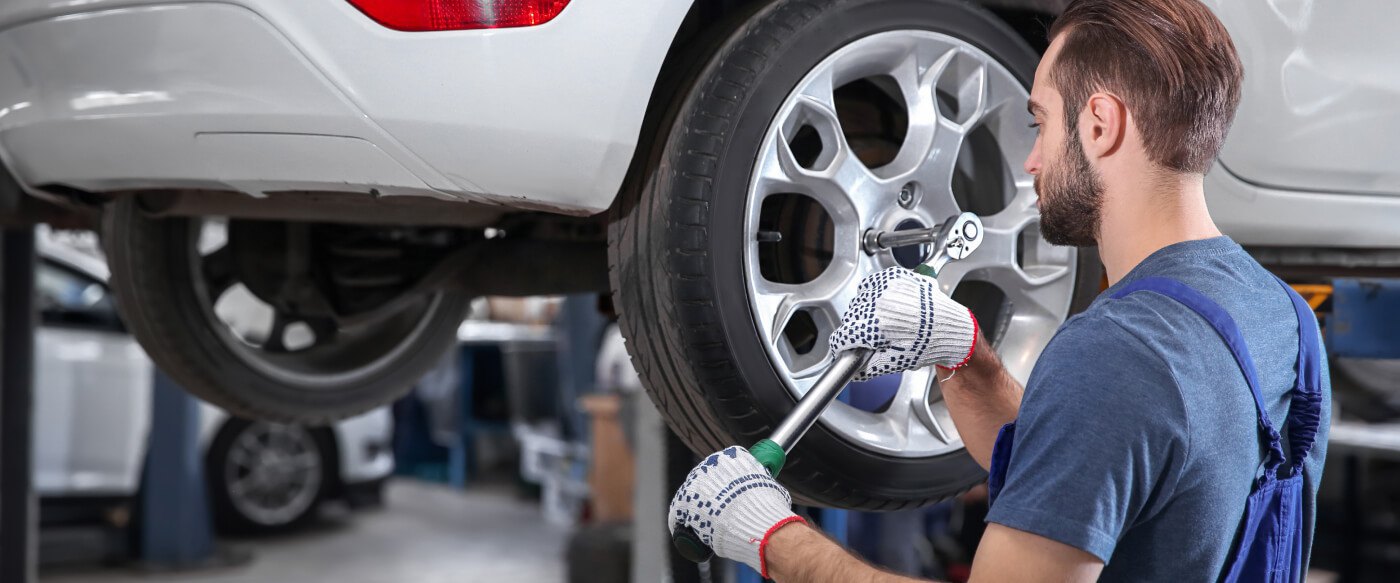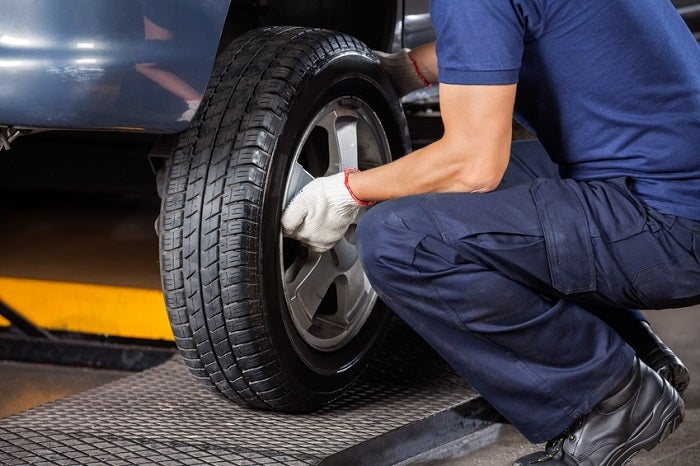Morris Tires: Your Partner for Specialist GMC Tires Service
Morris Tires: Your Partner for Specialist GMC Tires Service
Blog Article
Tire Solution: The Impact of Climate Condition
When it comes to guaranteeing optimal efficiency and safety and security when driving, recognizing the effect of weather on tire solution is important. From scorching heat to icy roadways, each weather aspect can dramatically influence tire capability and overall driving experience. By delving right into the impacts of differing weather condition problems on tires, chauffeurs can acquire beneficial understandings that may boost their car's performance and long life. In this discussion, we will certainly explore the elaborate connection between weather and tire service, clarifying the significance of weather-specific tire upkeep methods and considerations.
Heat and Tire Performance
When revealed to high temperatures, tires experience modifications in performance that can dramatically influence vehicle safety and handling. The warm created from extended driving or warm weather conditions triggers the tire rubber to soften, leading to decreased tread life and increased wear.

Winter Effects
Cold climate conditions can have a considerable influence on tire performance and safety. In chilly weather condition, tires may likewise shed air stress more rapidly, which can affect taking care of and gas effectiveness.
To alleviate the results of winter on tires, it is critical to on a regular basis check tire pressure and inflate them to the maker's suggested levels. Utilizing winter season or all-season tires developed for winter conditions can likewise enhance grip and grasp on icy or snowy roadways. Correct tire upkeep, consisting of regular inspections for wear and damages, comes to be much more important during colder months to guarantee ideal performance and security.
Rainy Conditions Impact
Throughout stormy conditions, tire performance and safety can be substantially affected by the wet road surface areas and reduced exposure. The walk pattern of tires plays an important duty in maintaining traction on damp roads. Tires with damaged treads are extra prone to hydroplaning, where a layer of water develops up between the road and the tire surface area, find bring about loss of traction. To fight this, drivers need to frequently examine their tires for appropriate step depth and take into consideration buying tires especially made for wet problems.
Moreover, wet weather condition can also reduce presence, making it challenging for motorists to see the road in advance plainly (GMC Tire Service). In such problems, it is important to change driving speeds as necessary and maintain a safe following range to allow for sudden quits. Properly filled with air tires can additionally help in preserving control on wet roads by giving much better handling and grasp
Snow and Tire Safety And Security
Snow-covered roadways present unique challenges for vehicle drivers, stressing the significance of correct tire choice and upkeep. When driving in snowy conditions, having the right tires can make a considerable difference in safety and performance. Wintertime tires are made with special rubber compounds and step patterns to give much better traction on snow and ice compared to all-season tires. The deeper treads and sipes of winter months tires help hold the roadway much better, reducing the threat of moving and slipping.

Furthermore, drivers must consider mounting tire chains in severe snowy conditions. Tire chains offer added grip by grasping the snow and ice, enhancing security and control. Nonetheless, it is essential to comply with maker directions when mounting and utilizing tire chains to stop damages to the tires and lorry. By selecting the right tires, preserving correct rising cost of living, and taking into consideration extra grip aids like tire chains, chauffeurs can improve their safety when browsing snow-covered roads.
Weather-Related Tire Maintenance
Weather-related tire upkeep incorporates a variety of methods intended at making sure ideal tire feature and long life in different climate circumstances. One essential aspect of weather-related tire upkeep is tire stress policy. Evaluating tire walk consistently and replacing tires when tread wear reaches a certain deepness is crucial for maintaining grip and security in negative weather.
Conclusion
In final thought, weather conditions have special info a considerable influence on tire efficiency and safety. From heat affecting tire pressure and put on to chilly climate reducing grip, it site link is necessary to consider the weather condition when keeping and using tires.
In this discussion, we will discover the intricate connection between climate conditions and tire service, dropping light on the significance of weather-specific tire maintenance practices and considerations.

Report this page